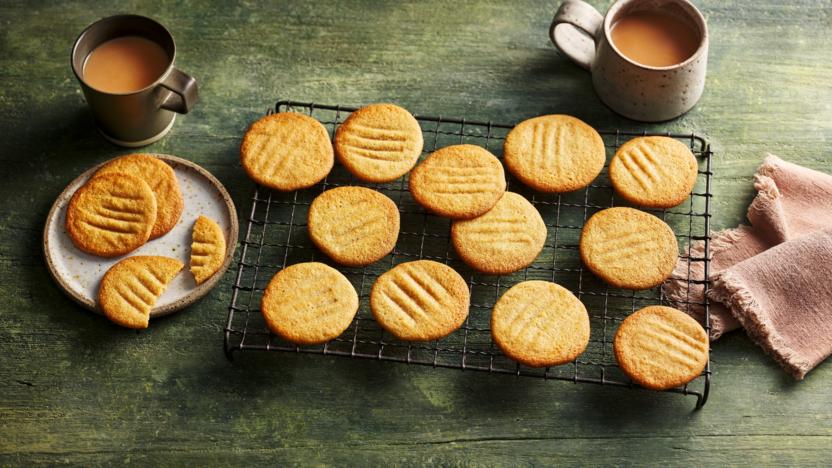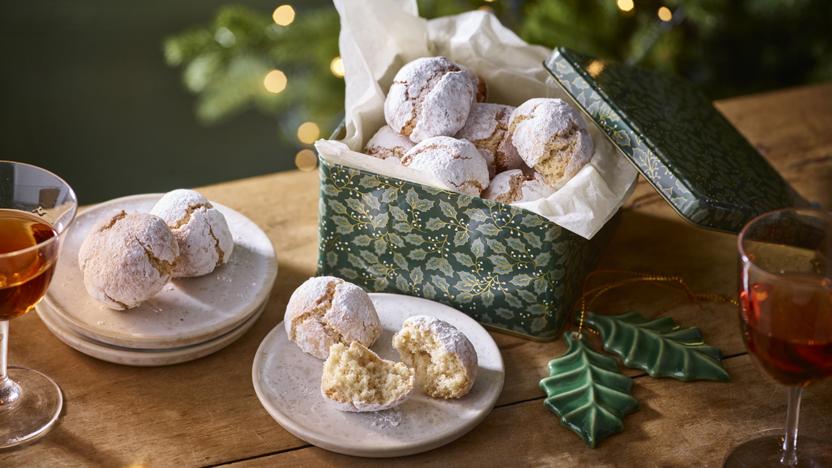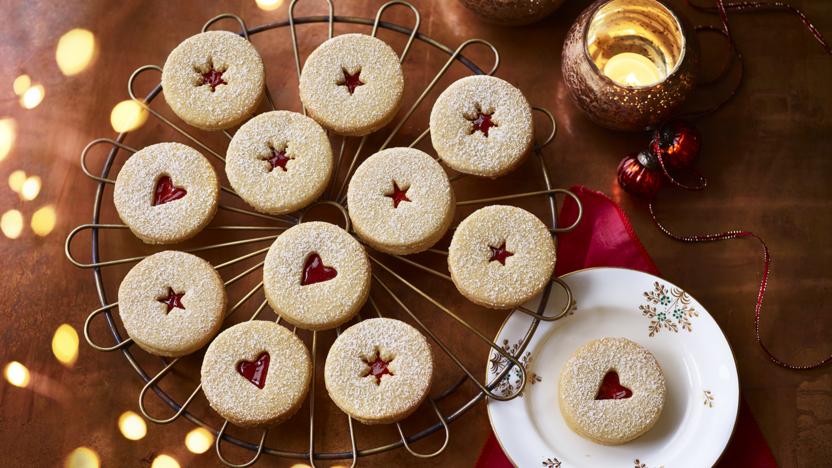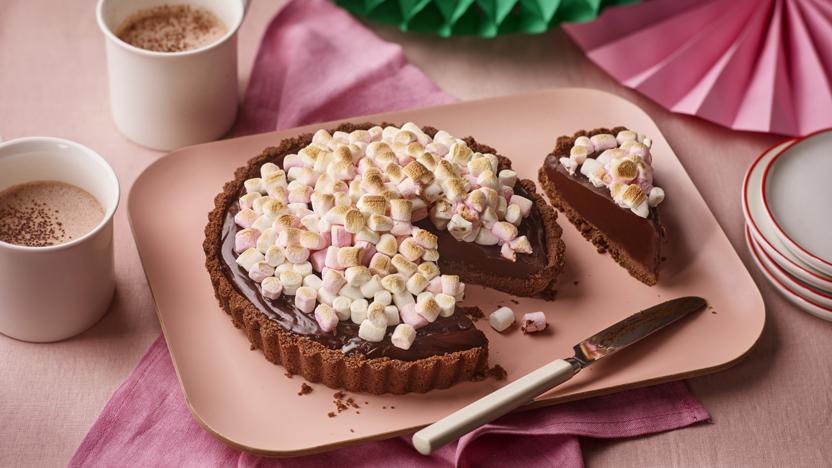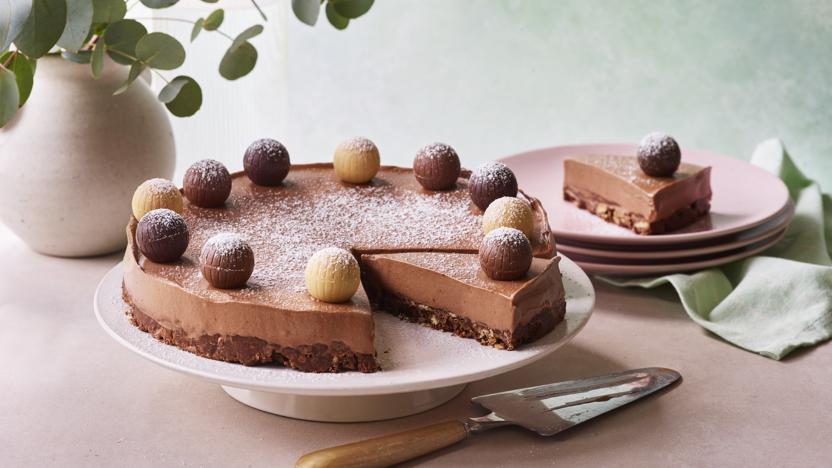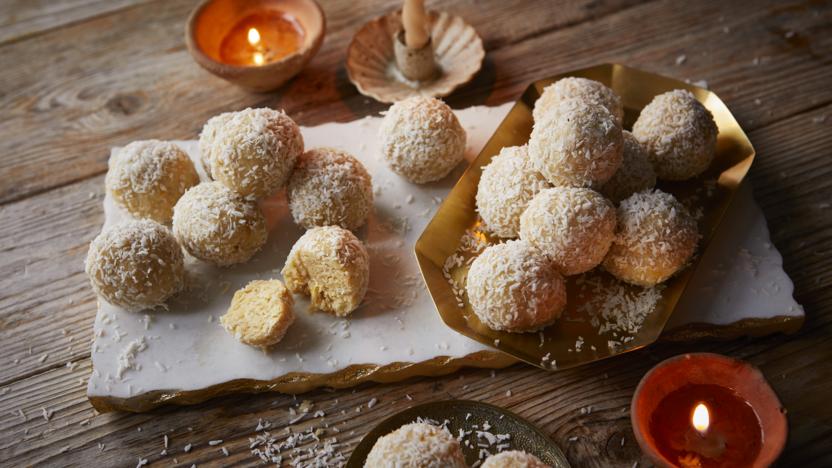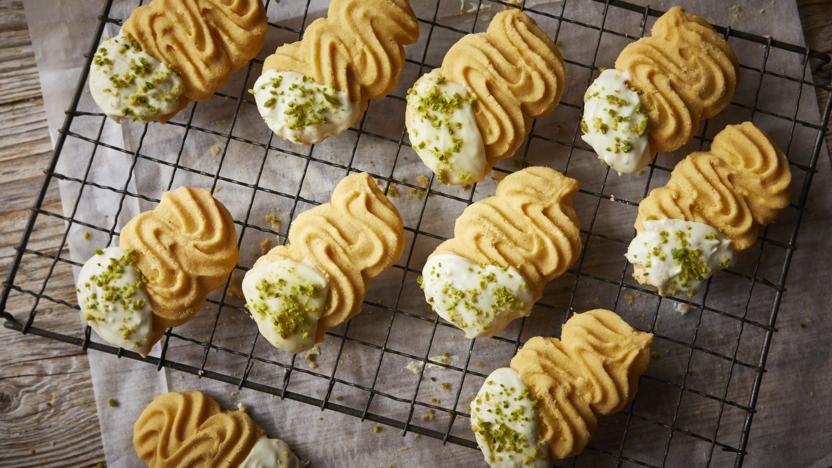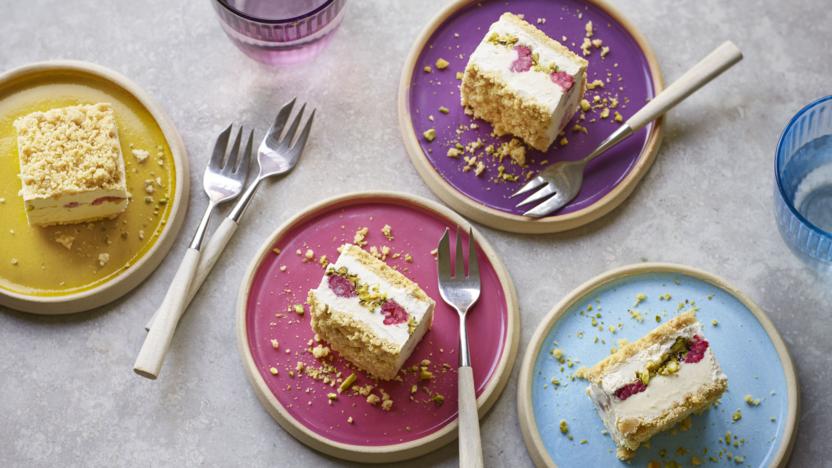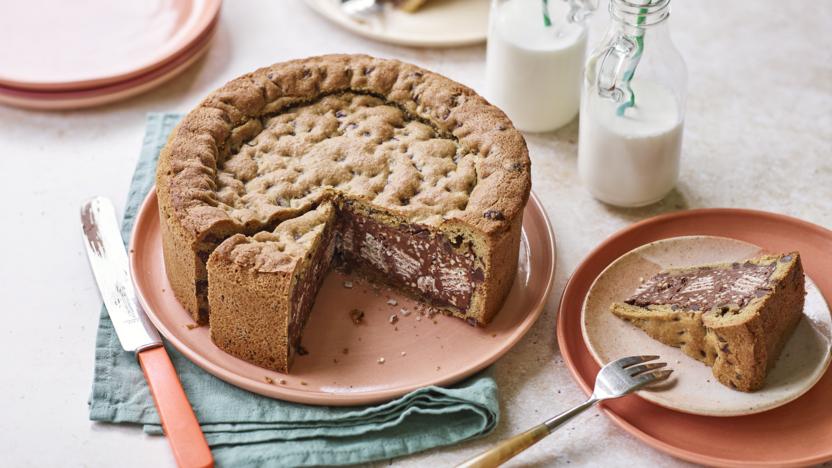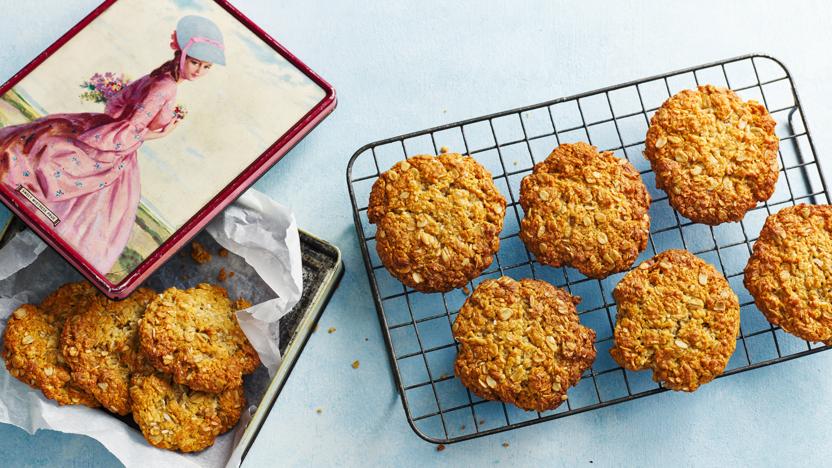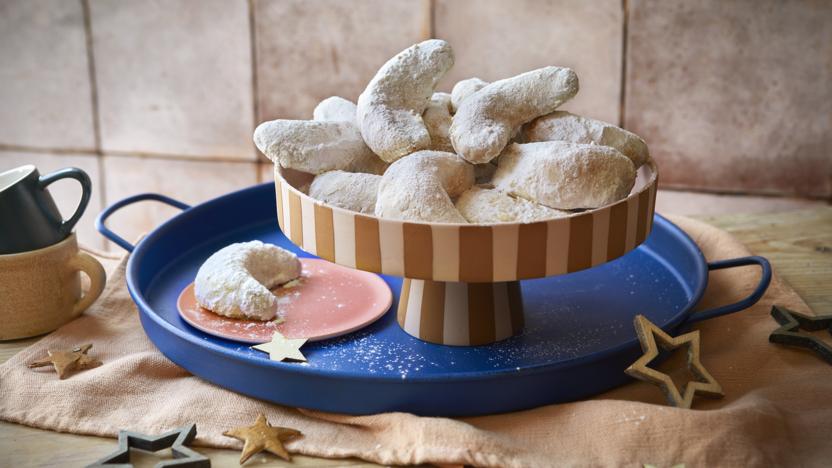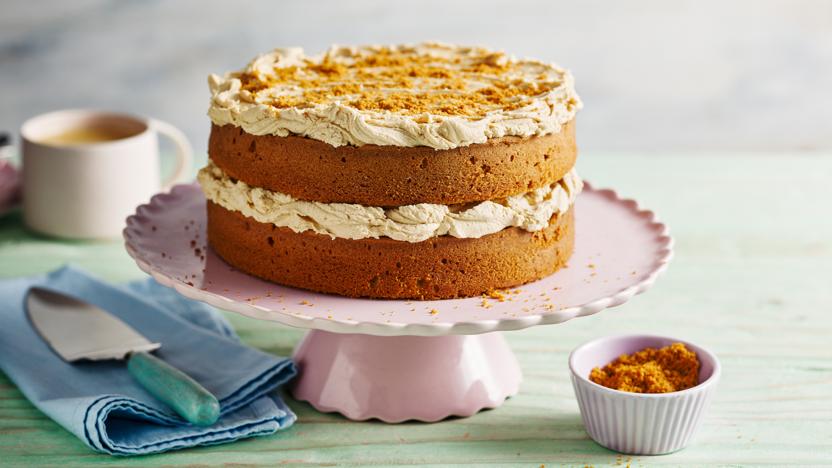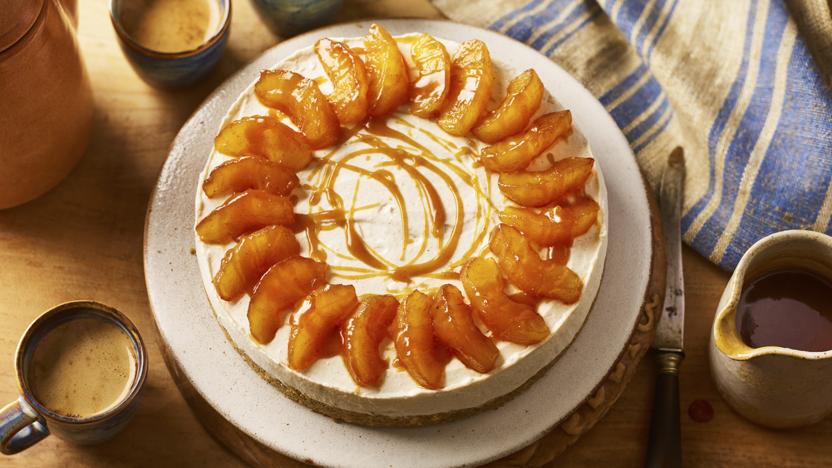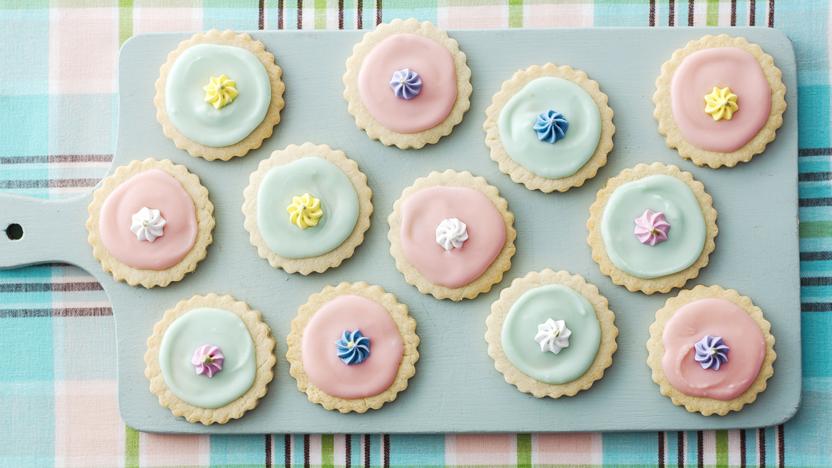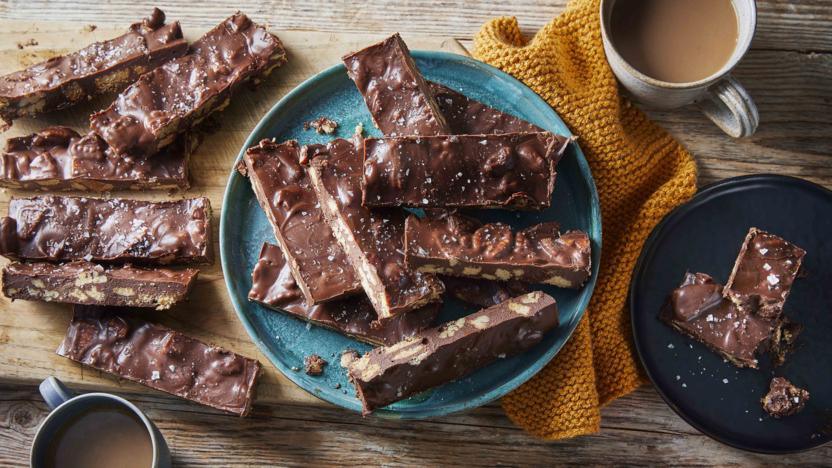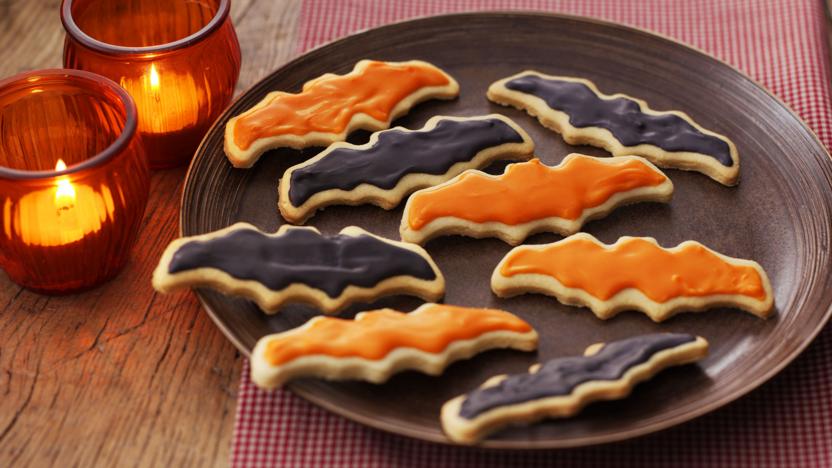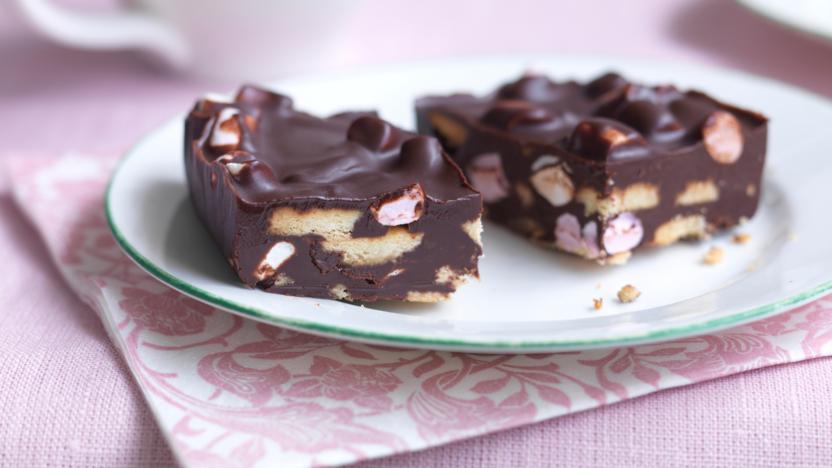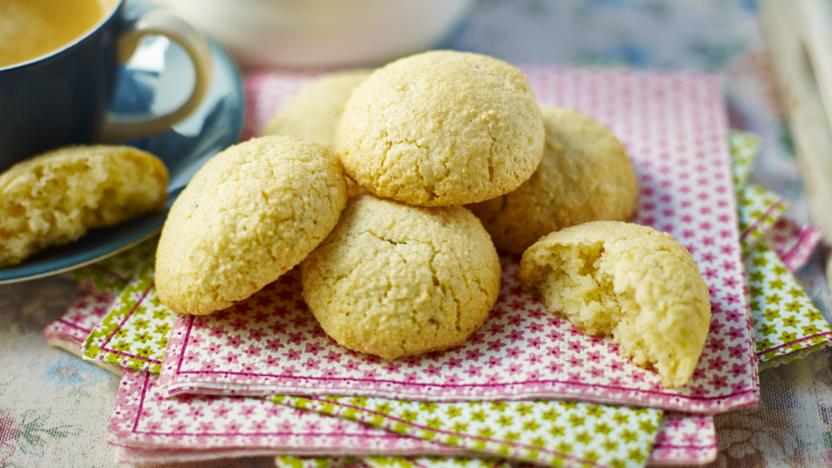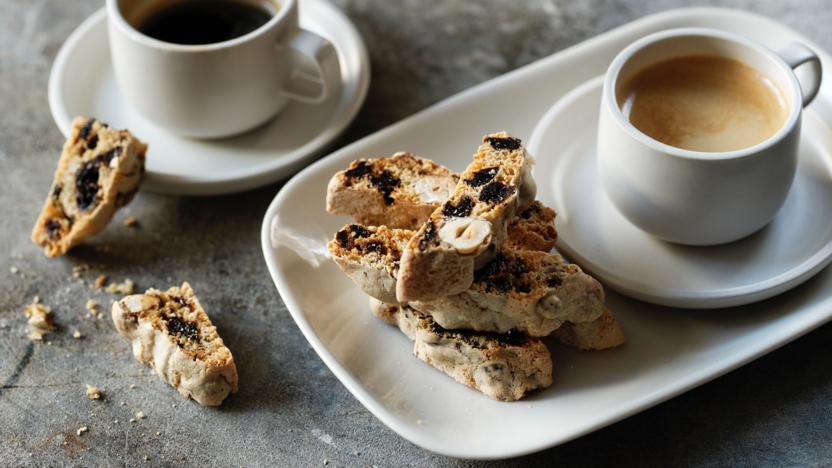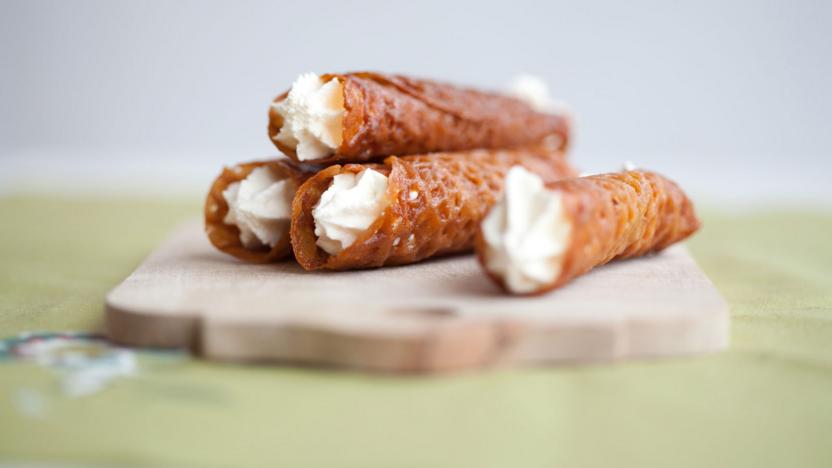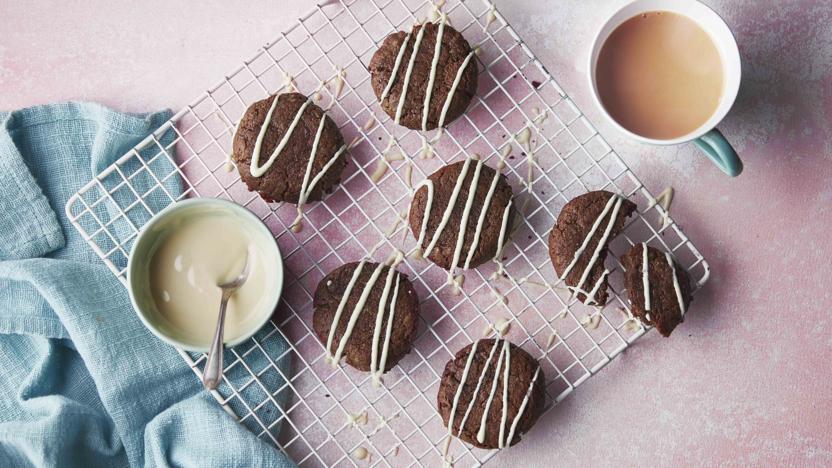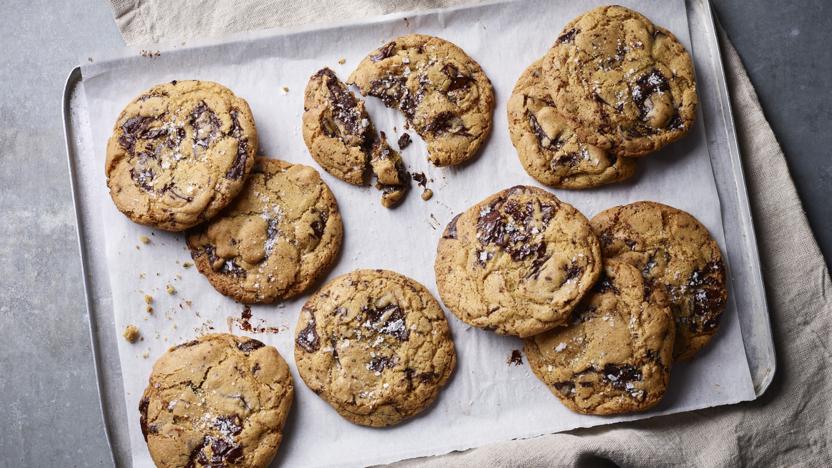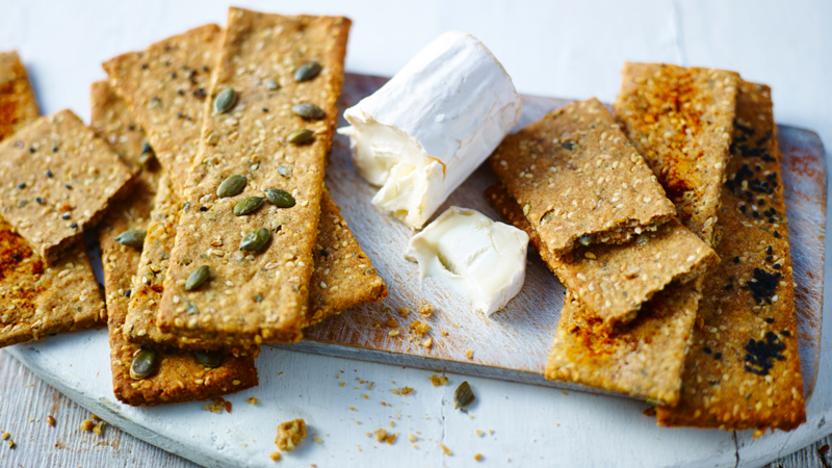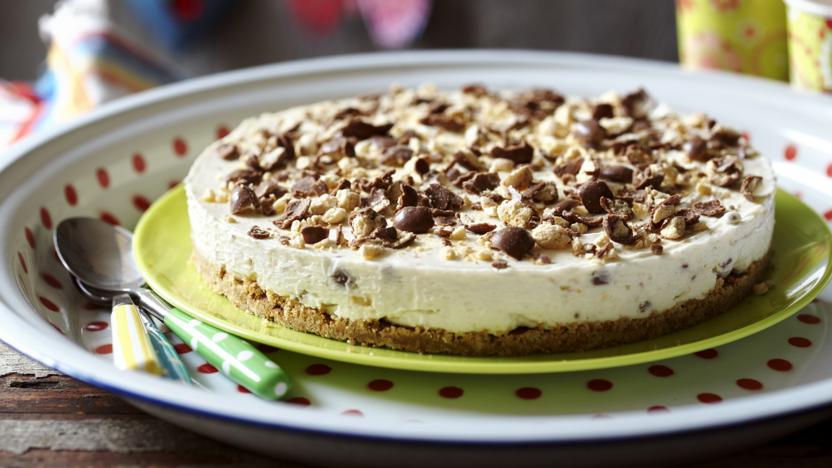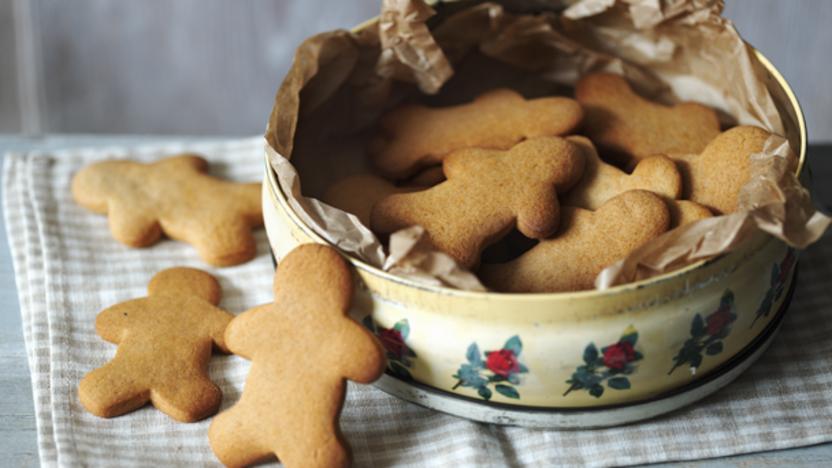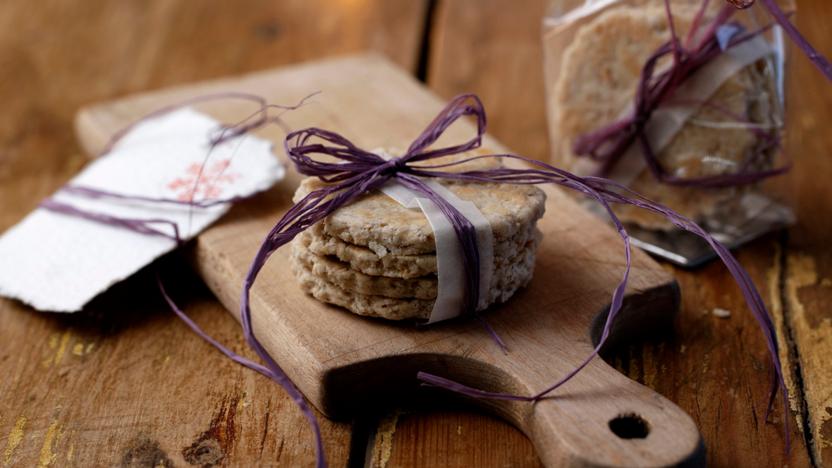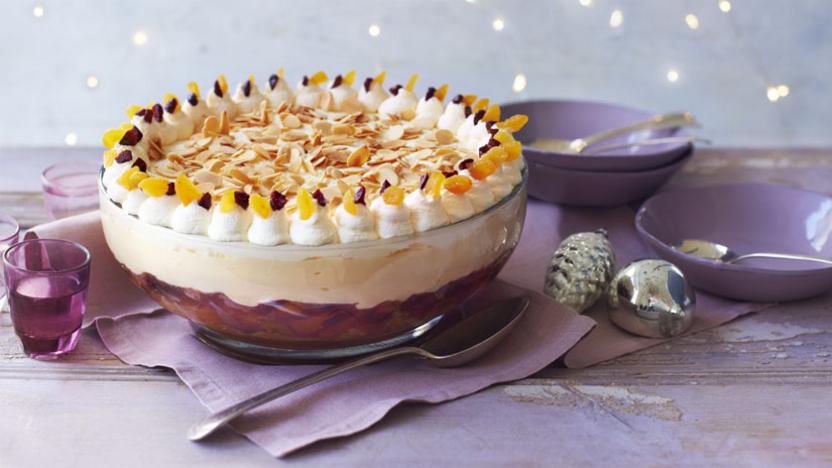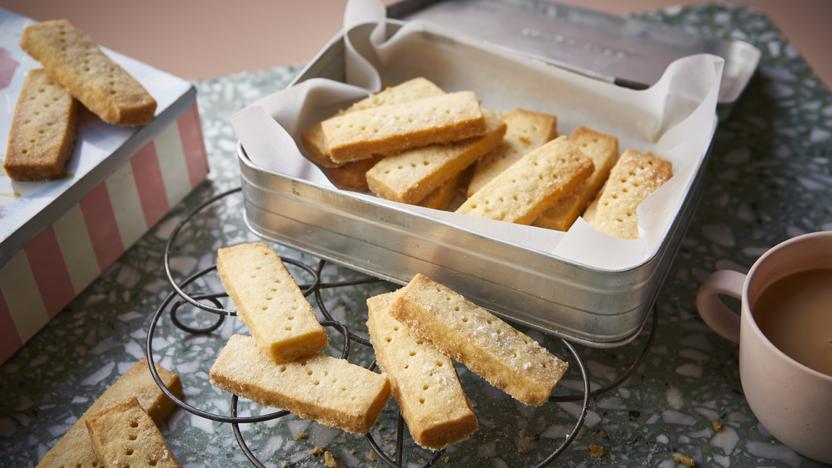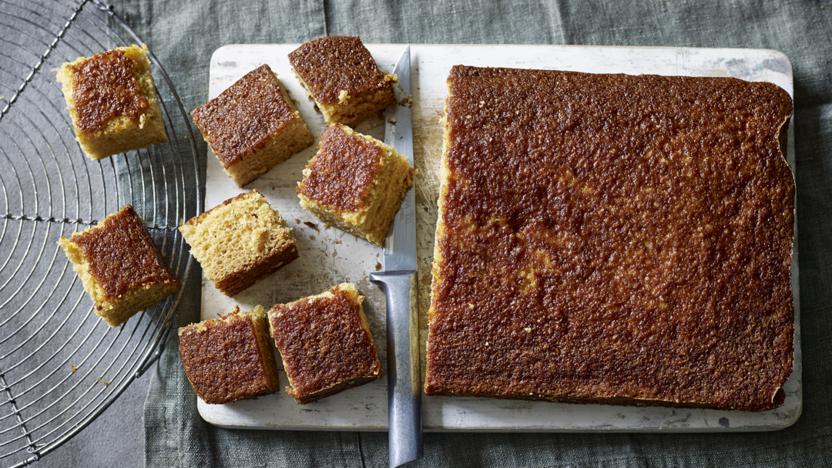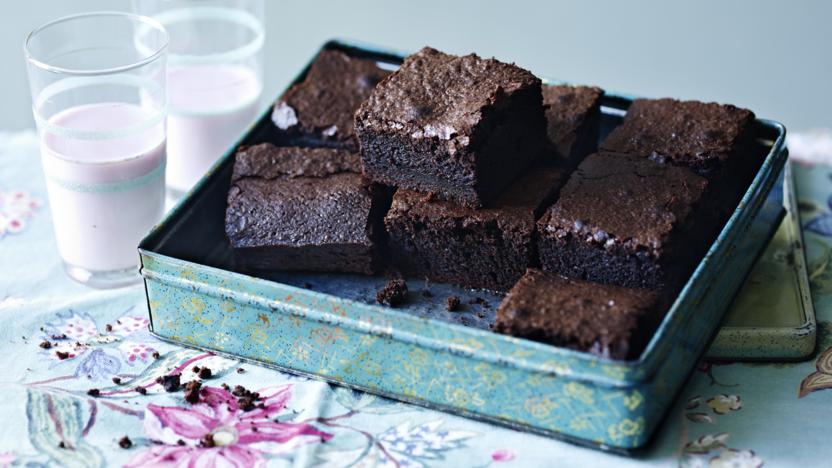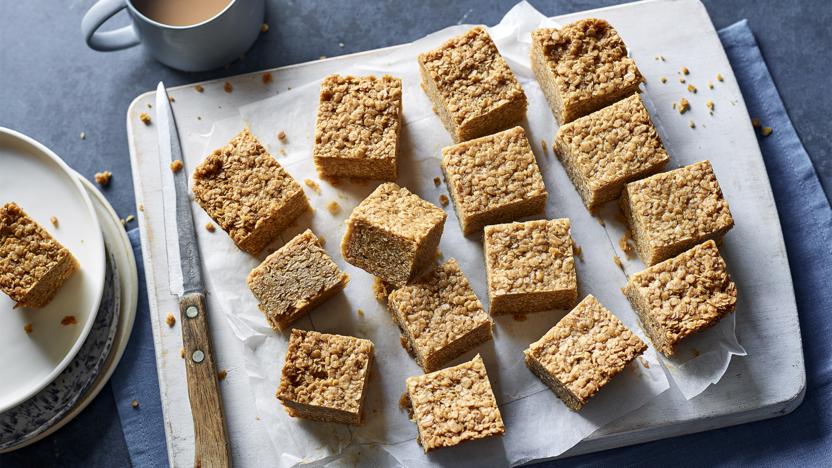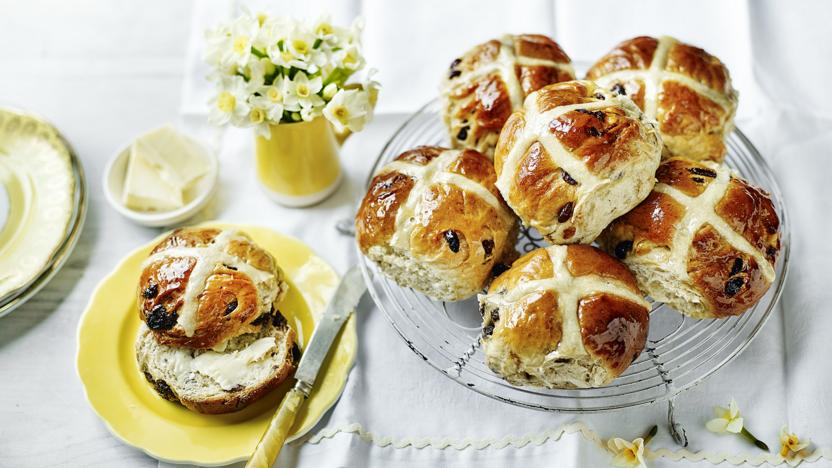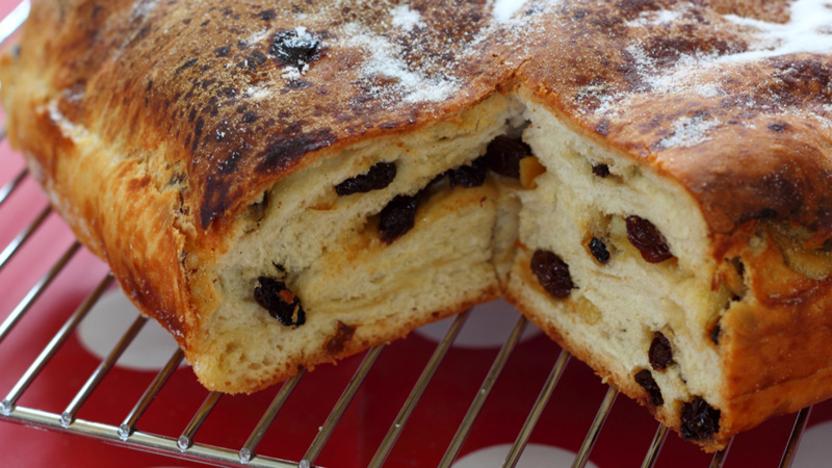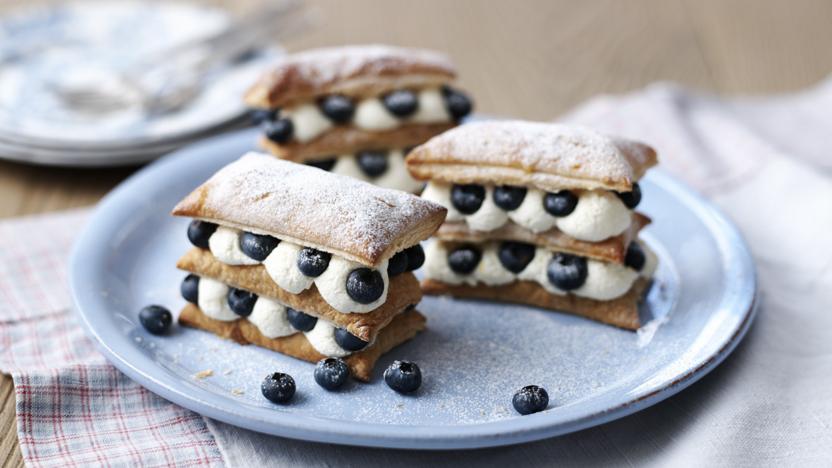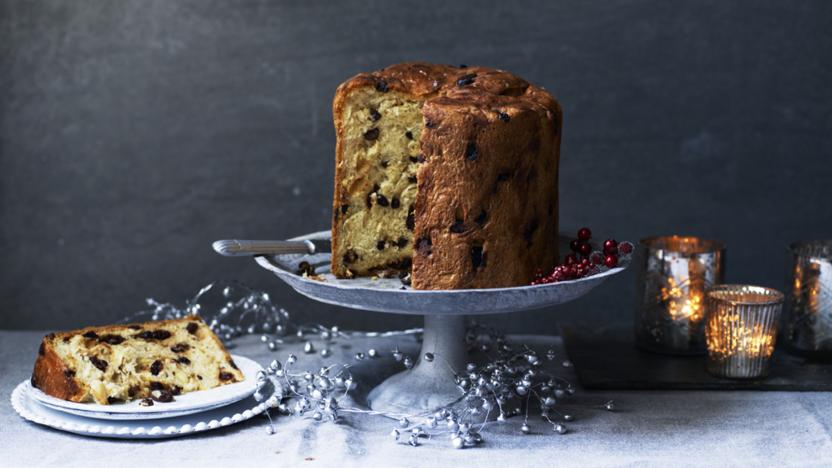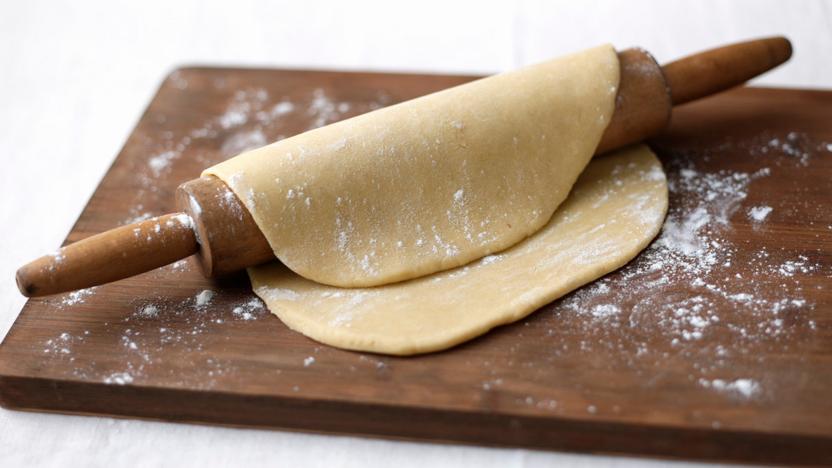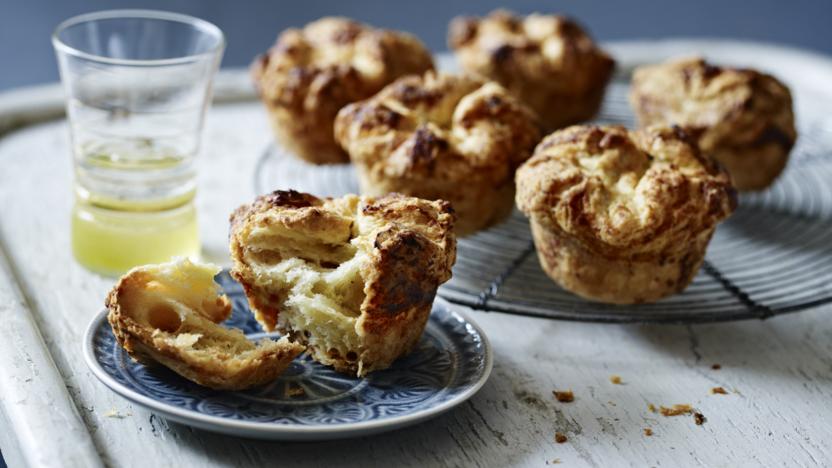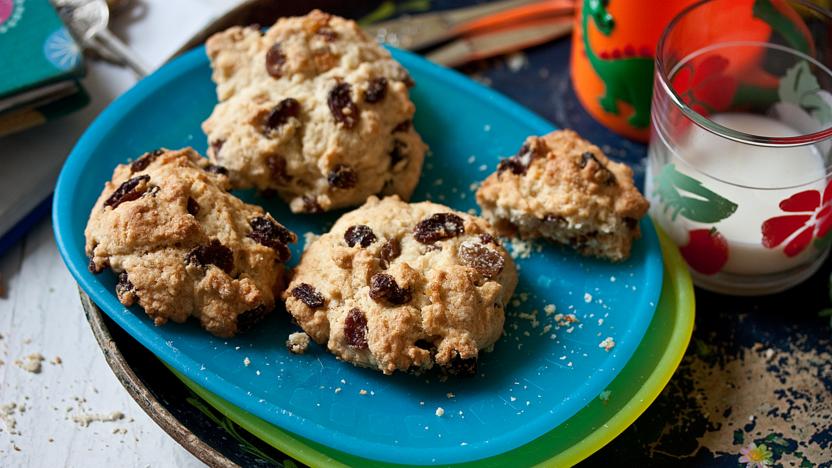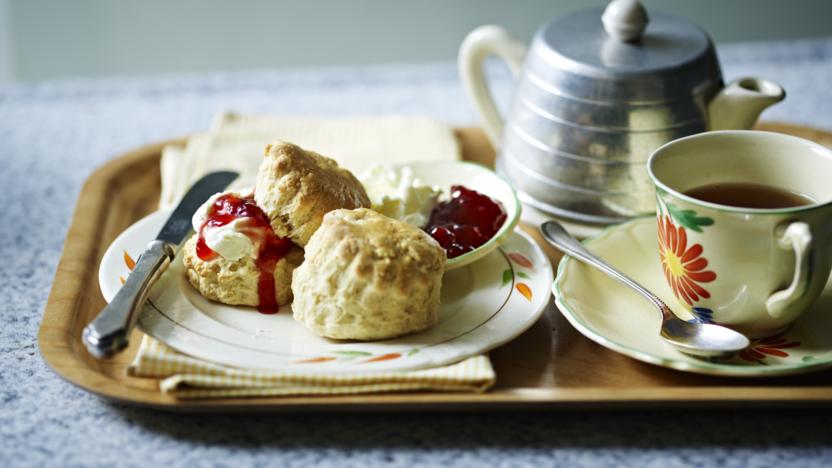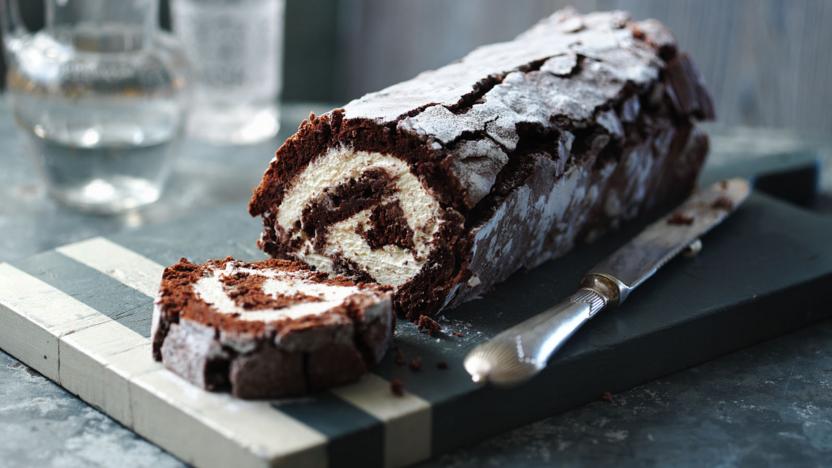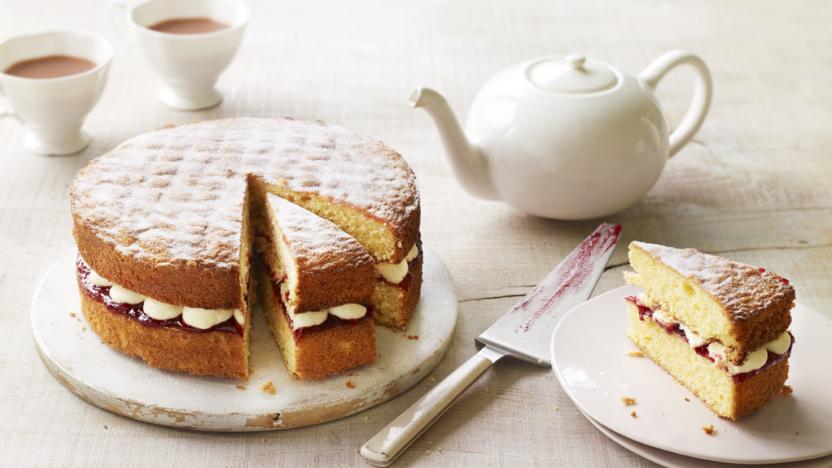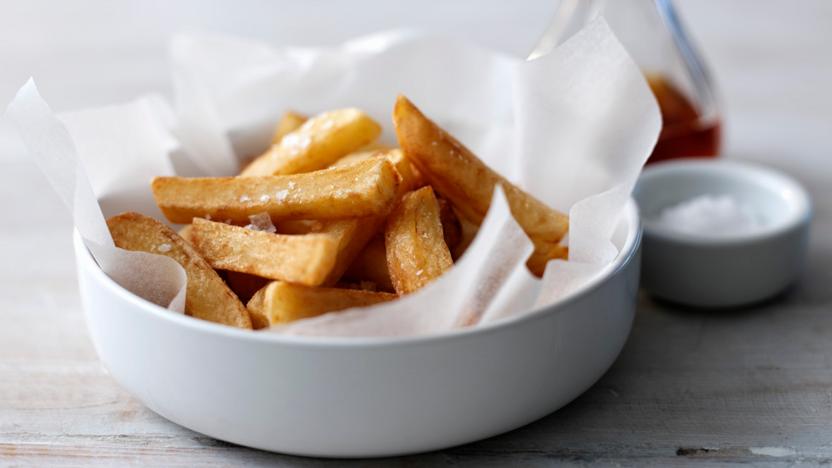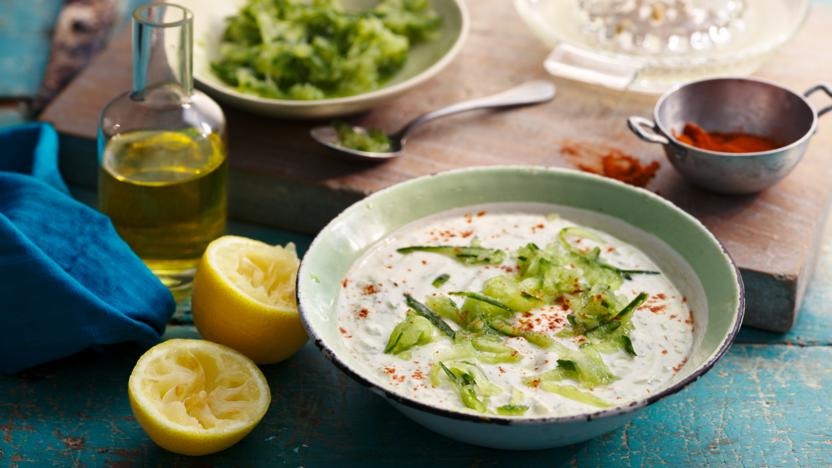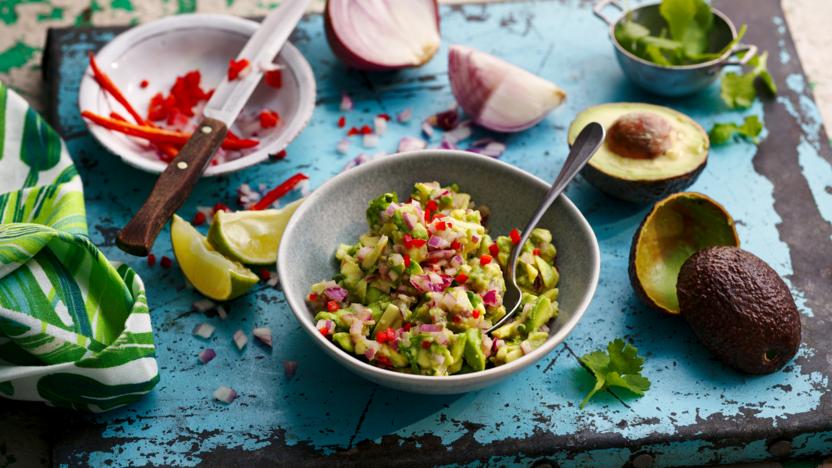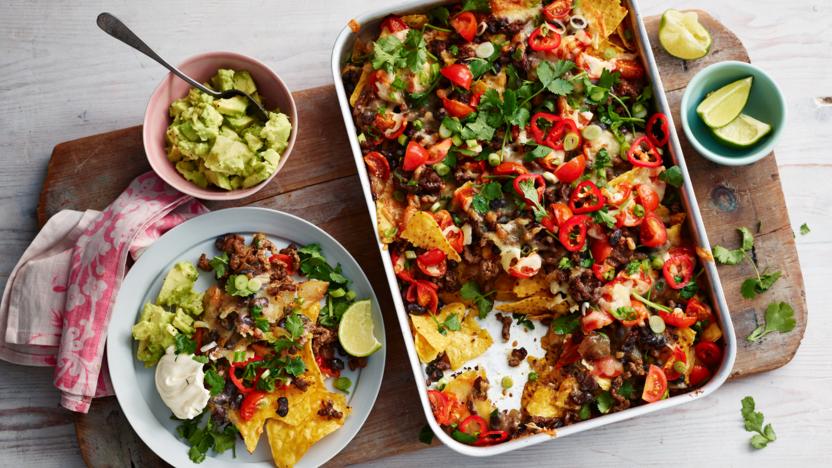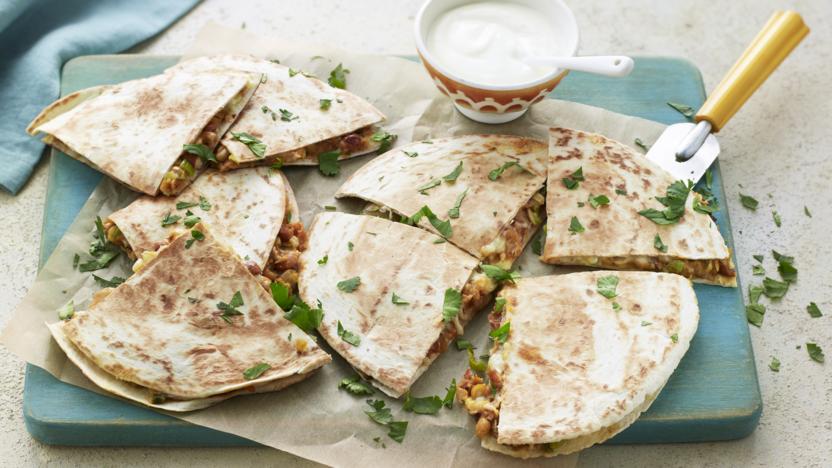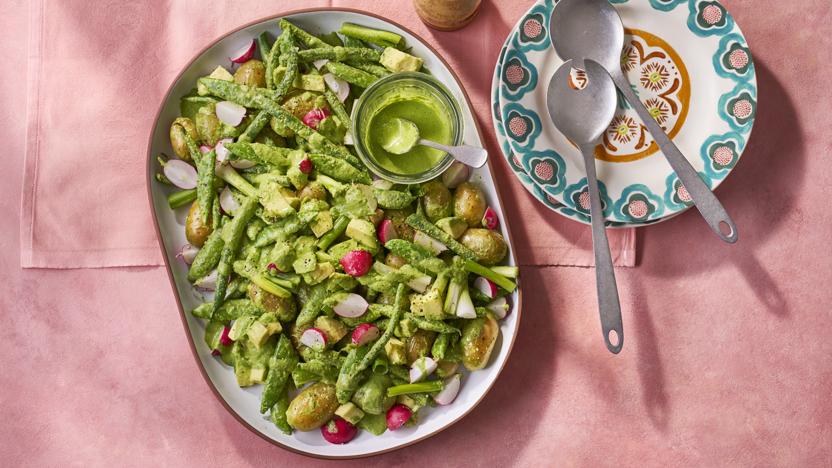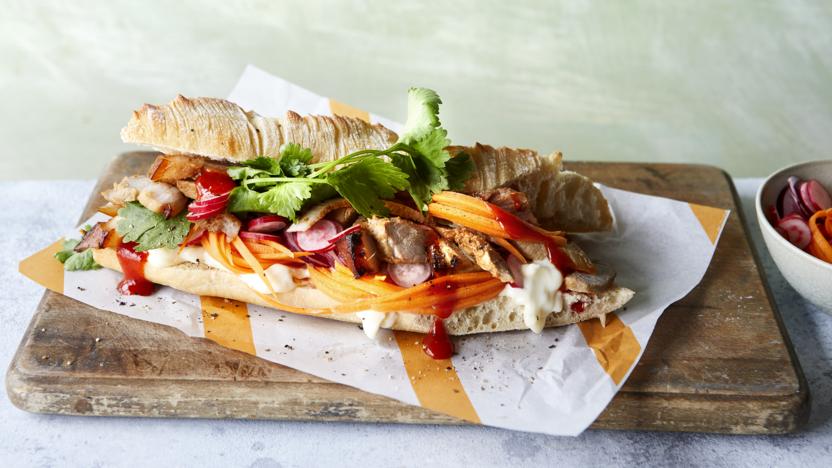Biscuits recipes
Quick to bake and fun to decorate, biscuit recipes are perfect for making with kids. Work your way up from simple garibaldis to impressive tuiles.
This recipe was sent in by my mum. It is impossible to eat just one of these deliciously moreish biscuits, as I can clearly remember from my childhood! If you cook these just a bit longer than stated below then you can use them as ‘dunkers’.
More biscuits recipes
Storage
Most biscuits need to be removed from the baking sheet as soon as they are set and cooled on wire racks before being stored in an airtight container. Store biscuits and cakes separately: biscuits stored in the same container as sponge cakes will turn soggy. Homemade biscuits will usually keep for up to two weeks.
You can freeze cooked biscuits for up to one month. Unbaked dough can be frozen for up to one month, or chilled for three days. Putting a few sugar cubes into the biscuit tin helps keep them crisp. A handy trick is to refresh previously baked biscuits by heating them in a low oven for five minutes before serving.
Preparation
Biscuits are flour-based snacks that are generally crisp and crumbly in texture, due to the fact that they are baked twice - the name ‘biscuit’ means ‘twice cooked’ in French.
Most biscuits are made by the rubbing-in or creaming method, yet the ratios of ingredients are combined in such a way as to produce a wide range of styles, from crumbly buttery shortbread, to hard, dry Italian biscotti.
The melt-and-mix method is used for biscuits such as brandy snaps and tuiles. These biscuits are shaped after removal from the oven while they’re still warm and malleable.
When making biscuits, always stick closely to the recipe. Using a larger egg than that specified could result in hard biscuits, while incorporating too much extra flour while rolling out the dough will make your biscuits tough and dry. Similarly, follow the instructions for spacing your biscuits before baking, as some doughs are designed to spread and the biscuits will merge if placed too close together in the oven.
Other considerations
Vegans can substitute the butter in biscuit and cookie recipes with soya fat.
